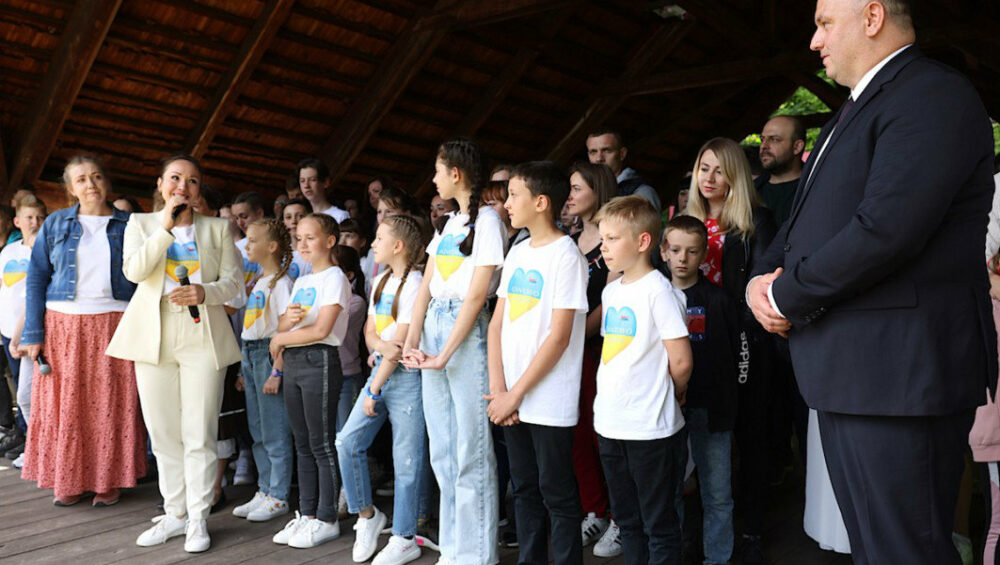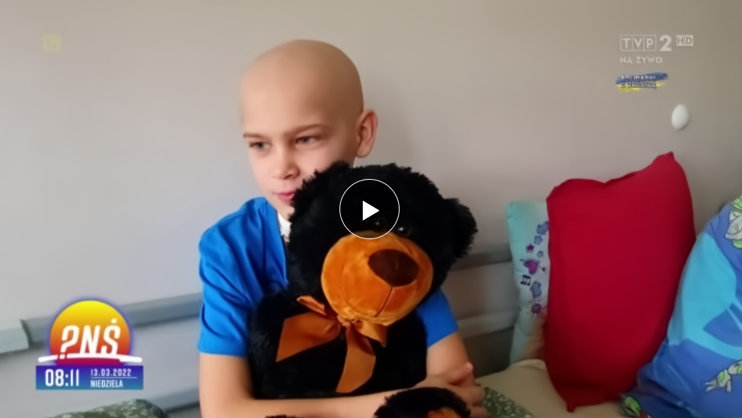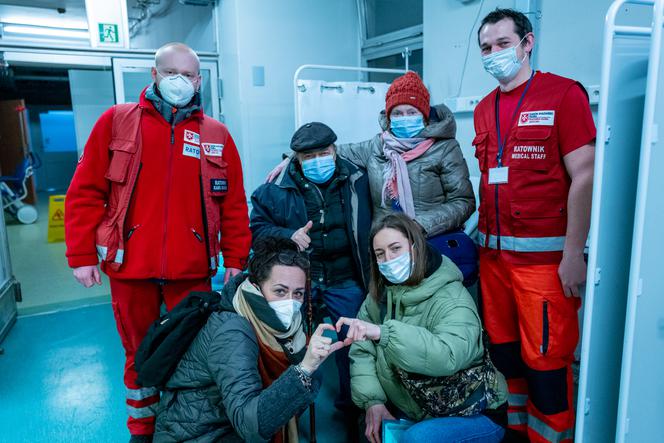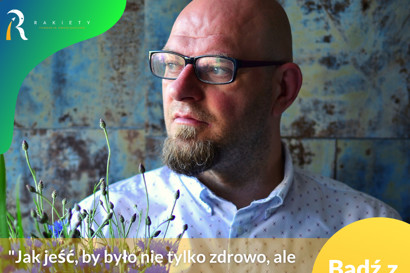Emergency exit
The EMERGENCY EXIT project involves supporting approximately 60 Ukrainian cancer patients and their relatives in Poland. The assistance is to consist in organizing the diagnosis of a given case and selecting the appropriate path of assistance, i.e. transport to Poland, mediating the design of a medical facility (appropriate to the type of disease) ready to provide oncological treatment, and also providing care to relatives traveling with the patient by finding shelter and providing mental/psychiatric support. […]









